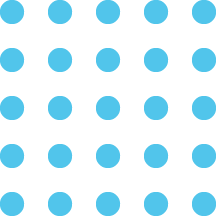A SPAC (Special Purpose acquisition Company) also known as a blank check company is a shell corporation with no operations. It is established with the sole purpose of raising capital through an IPO and then merging with an existing company. SPACs have gained a lot of attention in the US during the everything bubble in 2020 and have been soaring ever since. It is said to be moving towards Europe with SPAC activity gaining momentum on the European exchanges.
With high-profile names such as WeWork, Grab, Virgin Galactic and SoFi opting to debut via SPACs, it has become an attractive exit option for private companies. Also, private companies benefit merging with a SPAC as they gain wider access to capital, liquidity and experienced managers.
SPAC mergers commonly known as De-SPACs have reached record highs in the US in 2021 while the European ones are yet to grow. Most of the SPACs in both US and Europe have historically targeted technology companies.
SPACs are particularly known for extreme returns in the short term. One such SPAC is Digital World Acquisition Corp that has gained as high as 1650% after its merger announcement with Trump Media and Technology Group while the company hasn’t even rolled out. Yet, SPACs are equity instruments and the actual quality of a SPAC is to be measured in the long term.
Télécharger le PDF : US/European SPACs: overview of key market and performance stats
